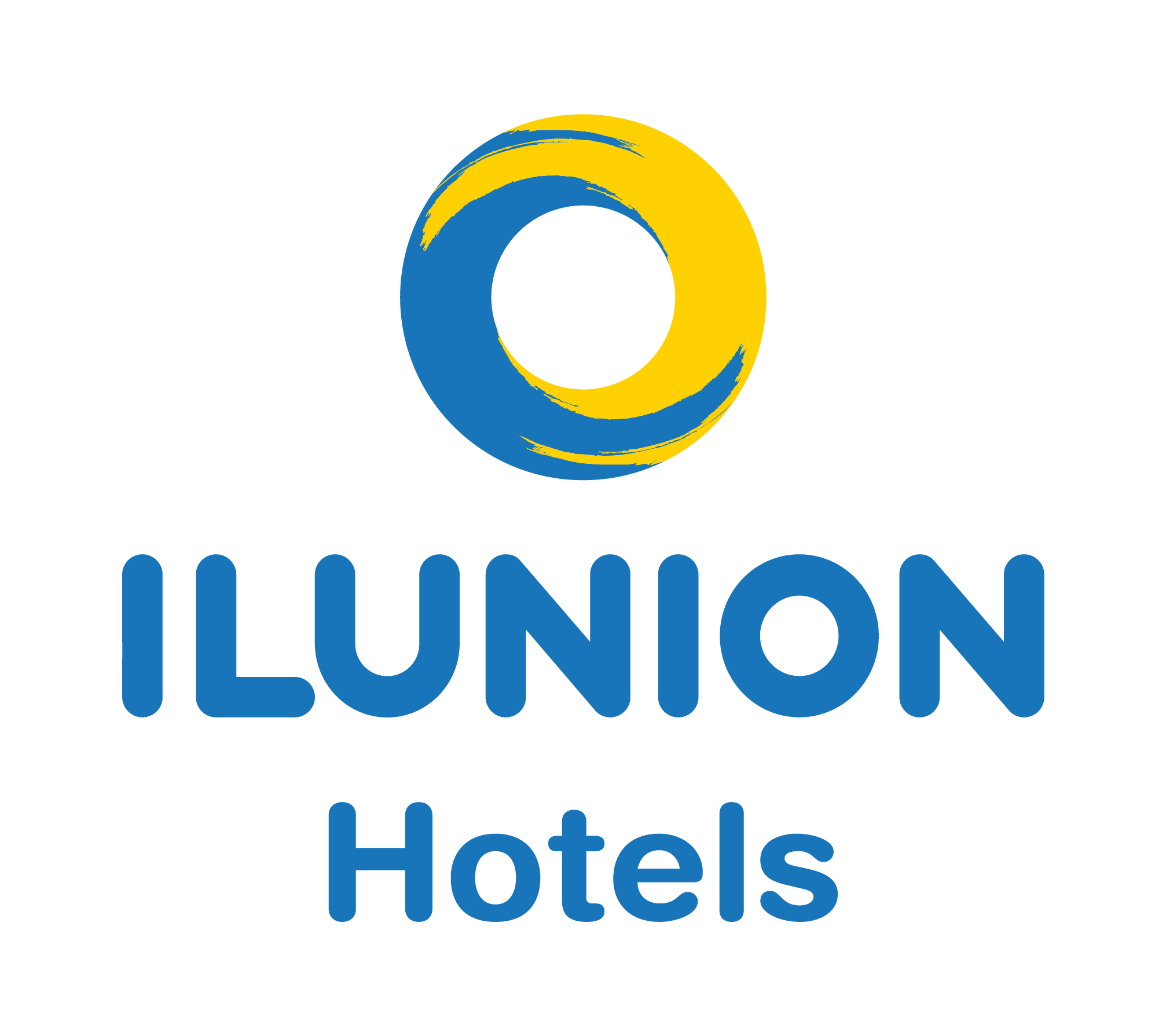

ILUNION Hotels

Madrid, Spain
December 2024
Accommodation
Service with Significant Environmental Footprint
Spain
ILUNION Hotels is not just a hotel company; it is unique in the world as a concept that combines sustainability, innovation and inclusion to transform tourism into a tool for positive impact. With 31 hotels located throughout Spain, its commitment to universal accessibility, diversity and equal opportunities positions it as a benchmark that inspires a new standard in the sector. As the first chain certified in Universal Accessibility (UNE-170001-2) and with the prestigious EFQM 600+ Seal, ILUNION Hotels demonstrates that economic profitability and social commitment can go hand in hand. Its workforce, made up of more than 1,800 people, is notable for including more than 700 employees with disabilities and more than 200 from vulnerable groups, showing that diversity is not only a value, but also a source of strength and transformation. ILUNION Hotels redefines tourism, offering unique experiences that combine quality, accessibility and a positive impact on local communities. Its business model is a vision of the future where sustainability, inclusion and excellence are intertwined to create a more inclusive and responsible sector.
Overall B Impact Score
Governance 14.0
Governance evaluates a company's overall mission, engagement around its social/environmental impact, ethics, and transparency. This section also evaluates the ability of a company to protect their mission and formally consider stakeholders in decision making through their corporate structure (e.g. benefit corporation) or corporate governing documents.
What is this? A company with an Impact Business Model is intentionally designed to create a specific positive outcome for one of its stakeholders - such as workers, community, environment, or customers.
Workers 58.1
Workers evaluates a company’s contributions to its employees’ financial security, health & safety, wellness, career development, and engagement & satisfaction. In addition, this section recognizes business models designed to benefit workers, such as companies that are at least 40% owned by non-executive employees and those that have workforce development programs to support individuals with barriers to employment.
What is this? A company with an Impact Business Model is intentionally designed to create a specific positive outcome for one of its stakeholders - such as workers, community, environment, or customers.
Community 38.6
Community evaluates a company’s engagement with and impact on the communities in which it operates, hires from, and sources from. Topics include diversity, equity & inclusion, economic impact, civic engagement, charitable giving, and supply chain management. In addition, this section recognizes business models that are designed to address specific community-oriented problems, such as poverty alleviation through fair trade sourcing or distribution via microenterprises, producer cooperative models, locally focused economic development, and formal charitable giving commitments.
What is this? A company with an Impact Business Model is intentionally designed to create a specific positive outcome for one of its stakeholders - such as workers, community, environment, or customers.
Environment 24.9
Environment evaluates a company’s overall environmental management practices as well as its impact on the air, climate, water, land, and biodiversity. This includes the direct impact of a company’s operations and, when applicable its supply chain and distribution channels. This section also recognizes companies with environmentally innovative production processes and those that sell products or services that have a positive environmental impact. Some examples might include products and services that create renewable energy, reduce consumption or waste, conserve land or wildlife, provide less toxic alternatives to the market, or educate people about environmental problems.
Customers 4.4
Customers evaluates a company’s stewardship of its customers through the quality of its products and services, ethical marketing, data privacy and security, and feedback channels. In addition, this section recognizes products or services that are designed to address a particular social problem for or through its customers, such as health or educational products, arts & media products, serving underserved customers/clients, and services that improve the social impact of other businesses or organizations.